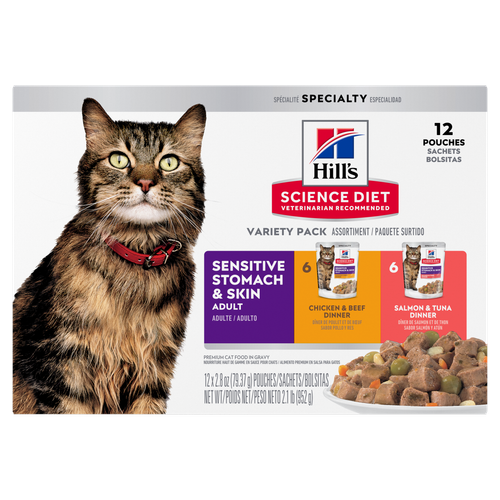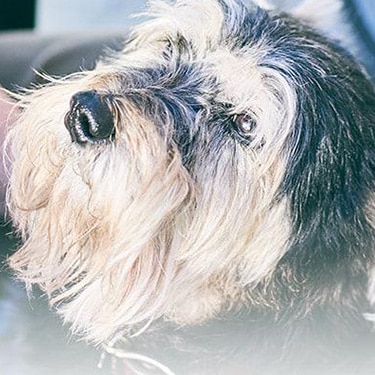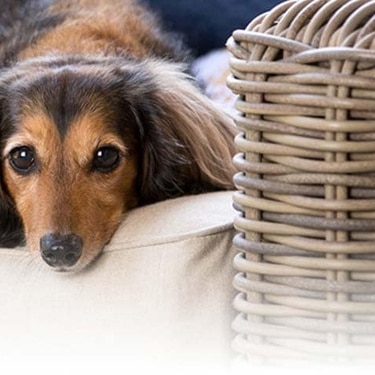
-
Find the right food for your petTake this quiz to see which food may be the best for your furry friend.Find the right food for your petTake this quiz to see which food may be the best for your furry friend.Health CategoryFeatured products
 Adult 6+ Large Breed Chicken Meal, Barley & Rice Recipe Dog Food
Adult 6+ Large Breed Chicken Meal, Barley & Rice Recipe Dog FoodSupports energy level, joint health, and beautiful coat in large breed mature dogs
Shop Now Puppy Sensitive Stomach & Skin Salmon & Vegetable Stew
Puppy Sensitive Stomach & Skin Salmon & Vegetable StewGentle on stomachs while nourishing skin & supporting development in growing puppies
Shop Now Adult Perfect Weight & Joint Support Chicken & Brown Rice Recipe Dog Food
Adult Perfect Weight & Joint Support Chicken & Brown Rice Recipe Dog FoodThis weight management and mobility support dog food was created with Hill’s unique understanding of the biology of overweight dogs.
Shop NowFeatured products Adult Sensitive Stomach & Skin Pouch Variety Pack Cat Food, Chicken & Beef, Salmon & Tuna
Adult Sensitive Stomach & Skin Pouch Variety Pack Cat Food, Chicken & Beef, Salmon & TunaCarefully made, gourmet daily nutrition. Tasty chunks with Salmon & Tuna in a decadent gravy. Supports digestive health, nourishes skin and promotes a lustrous fur.
Shop Now Sensitive Stomach & Skin Chicken & Beef Dinner
Sensitive Stomach & Skin Chicken & Beef DinnerGourmet daily nutrition, carefully made. Tasty chunks with chicken & beef in a decadent gravy. Supports digestive health, nourishes skin and promotes a lustrous fur.
Shop Now Adult Perfect Weight Salmon & Vegetable
Adult Perfect Weight Salmon & VegetableOver 70% of cats lost weight within 10 weeks when fed this nutrition
Shop Now -
DogCat
- Cat Tips & Articles
-
Health Category
- Weight
- Skin & Food Sensitivities
- Urinary
- Digestive
- Kidney
- Dental
- Serious Illness
-
Life Stage
- Kitten Nutrition
- Adult Nutrition
Featured articles Pet Food Storage Tips
Pet Food Storage TipsWhere you store your cat and dog food can make a big difference in the quality and freshness once it is opened. Here are some common questions and recommendations for optimal storage for all of Hill’s dry and canned cat and dog food.
Read More Water
WaterWater is the most important nutrient of all and essential for life. Animals can lose almost all their fat and half their protein and still survive, but if they lose 15% of their water, it will mean death.
Read More The Right Diet For Your Pet
The Right Diet For Your PetLearn what to look for in healthy pet food & nutrition, including ingredients, quality of the manufacturer, your pet's age, and any special needs they have.
Read More -


Related Image Content
In many ways, your dog is a lot like you. You both need the basics of proper nutrition and exercise to stay active and healthy. The bad news: Dogs can develop cancer, just like humans. The good news: Dogs have cancer treatments, just like humans. To help prevent cancer, be aware of your dog's risks so you can be proactive in keeping her healthy.
Here are the risk factors for cancer:
Age - Dogs are living longer, which increases the likelihood of cancer


Tasty Tips
Breed - Certain kinds of cancer are more common in specific breeds. Talk to your veterinarian to learn if your dog is more susceptible to certain illnesses
Gender - Some cancers are more common in one sex compared to another
Environment - Exposure to chemicals, such as pesticides or herbicides, may contribute to cancer
If your dog is at risk, check for these symptoms:
Abnormal swelling that grows or persists
Rapid or extreme weight loss
Ongoing and persistent sores
Significant change in appetite
Bleeding or discharge from the mouth, nose, ears or anus
Offensive odor
Difficulty swallowing or eating
Other common symptoms include no interest in exercise, loss of stamina, persistent lameness or stiffness, breathing difficulties and difficulty going to the bathroom.
Nutrition has been found to be a significant factor in improving both quality of life and extending life for dogs undergoing cancer treatment. Feeding your dog a food with increased fatty acids, protein and fat is beneficial because it helps meet a dog's additional energy requirements during recovery.
For an accurate diagnosis and treatment options, always consult your veterinarian.
Related products

Gentle on stomachs while nourishing skin & supporting development in growing puppies

Supports energy level, joint health, and beautiful coat in large breed mature dogs

Advanced nutrition shown to support joint health and improve mobility

This weight management and mobility support dog food was created with Hill’s unique understanding of the biology of overweight dogs.
Related articles

Though it may seem like your four-legged friend loves nothing more than to nap on the couch, dogs need regular exercise to stay healthy just like people do.

Selecting the right food for your puppy is a key to quality nutrition and a long, healthy life., Learn more about how to select the right puppy food.

Learn what you can feed your pregnant or nursing dog to keep her and her new pups healthy.

A dog with a sensitive stomach has special needs. Learn more about sensitive stomach symptoms in your dog, what you can do to help sooth your pet’s insides and get recommendations on sensitive stomach dog food.

Put your dog on a diet without them knowing
Our low calorie formula helps you control your dog's weight. It's packed with high-quality protein for building lean muscles, and made with purposeful ingredients for a flavorful, nutritious meal. Clinically proven antioxidants, Vitamin C+E, help promote a healthy immune system.
Put your dog on a diet without them knowing
Our low calorie formula helps you control your dog's weight. It's packed with high-quality protein for building lean muscles, and made with purposeful ingredients for a flavorful, nutritious meal. Clinically proven antioxidants, Vitamin C+E, help promote a healthy immune system.


